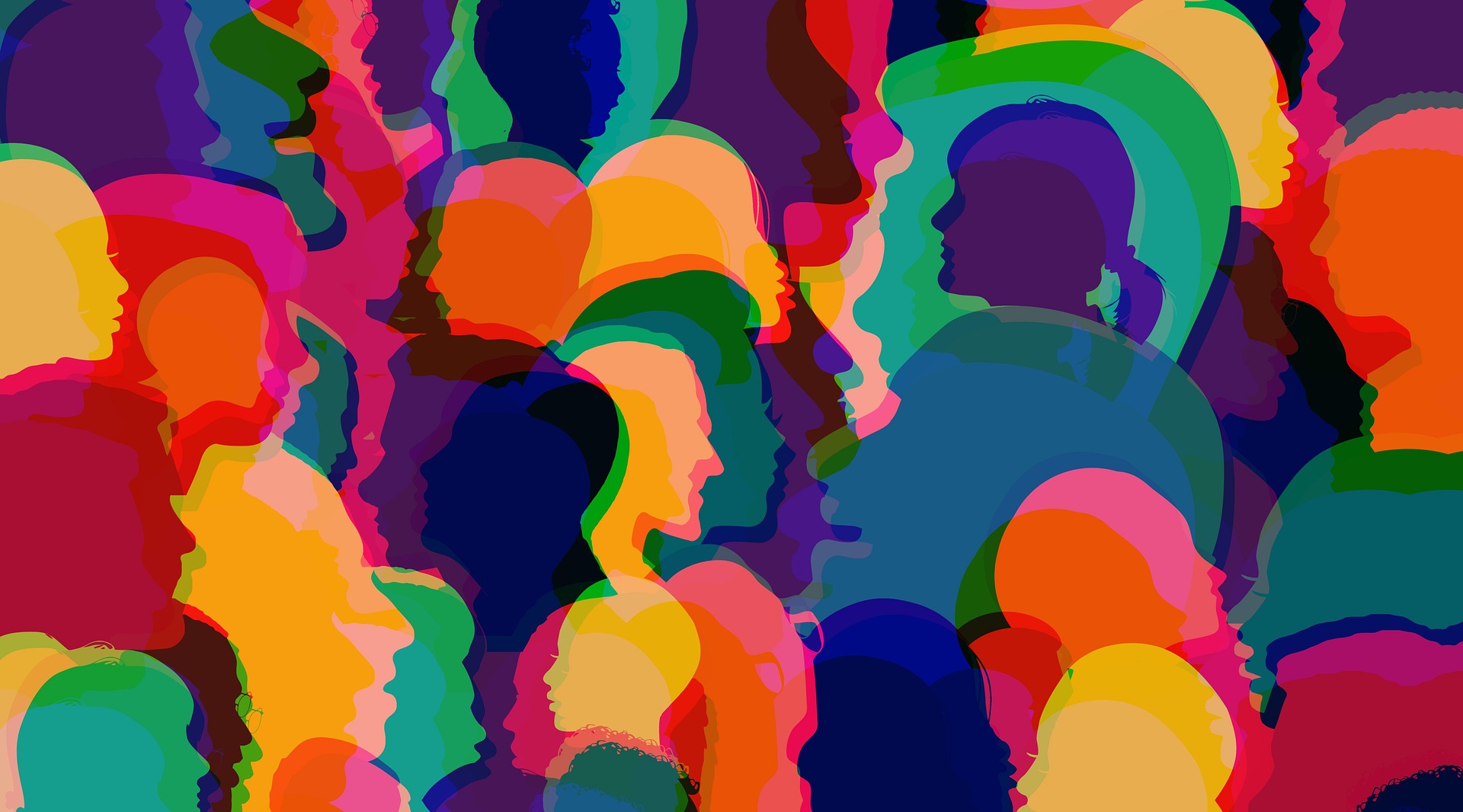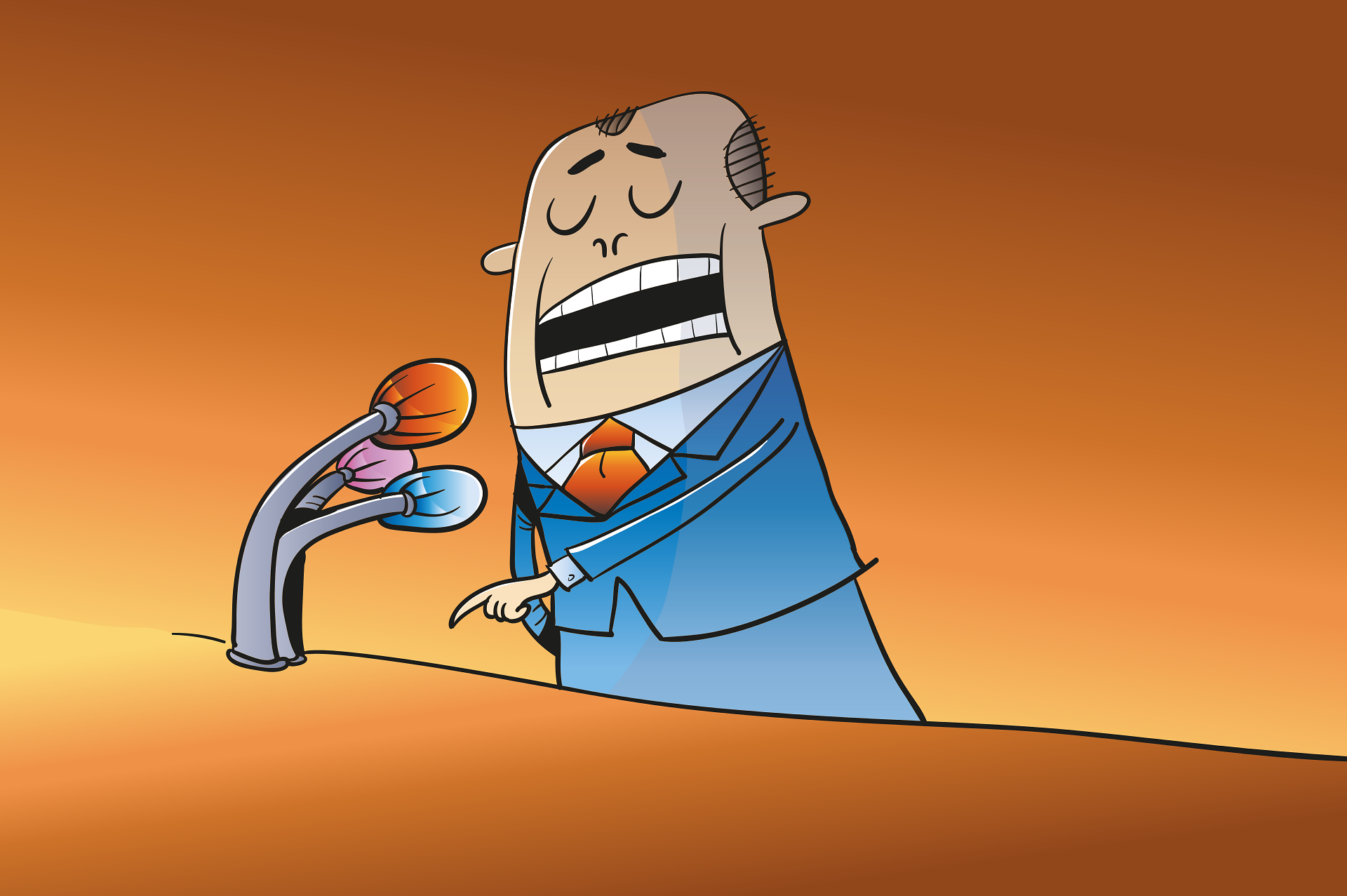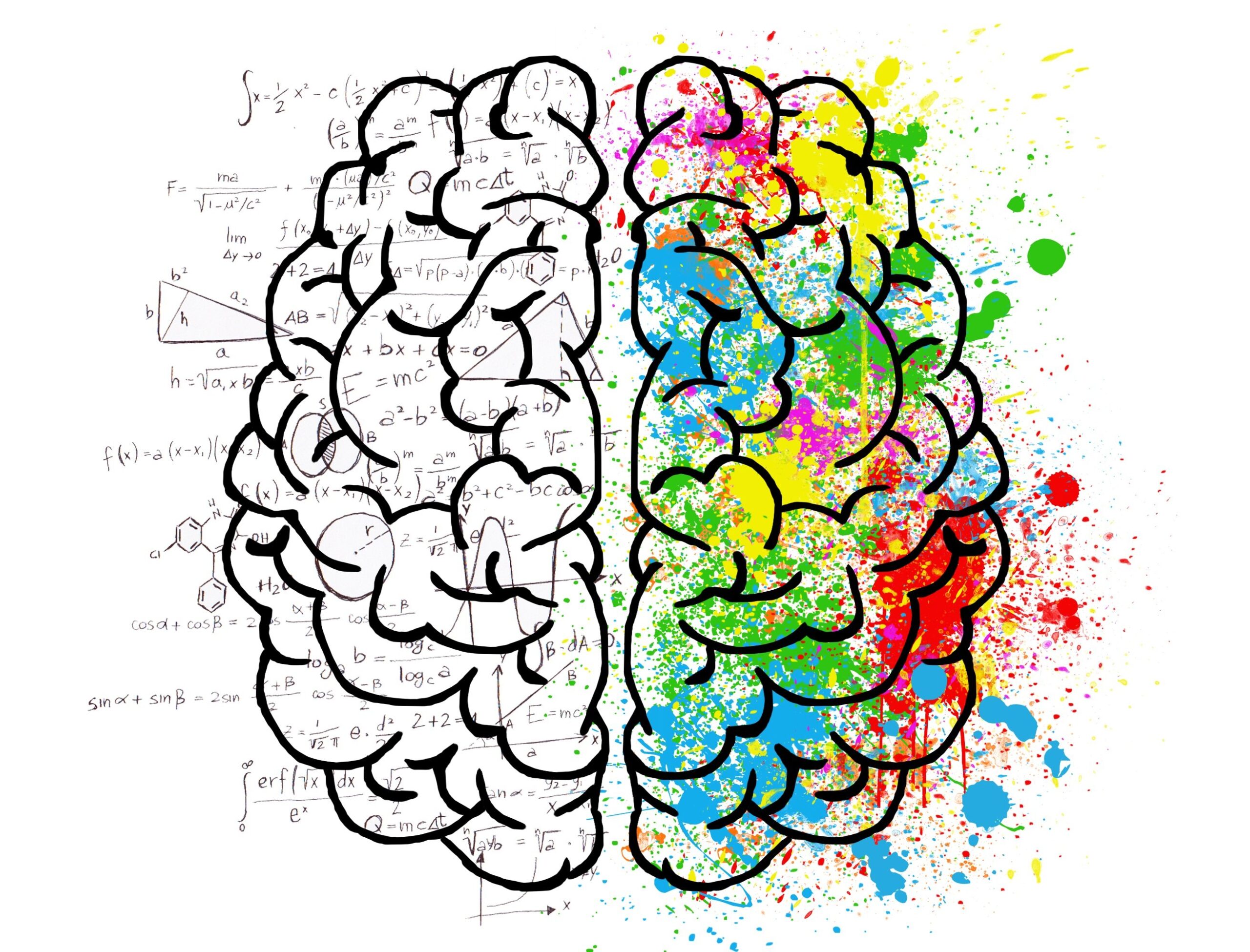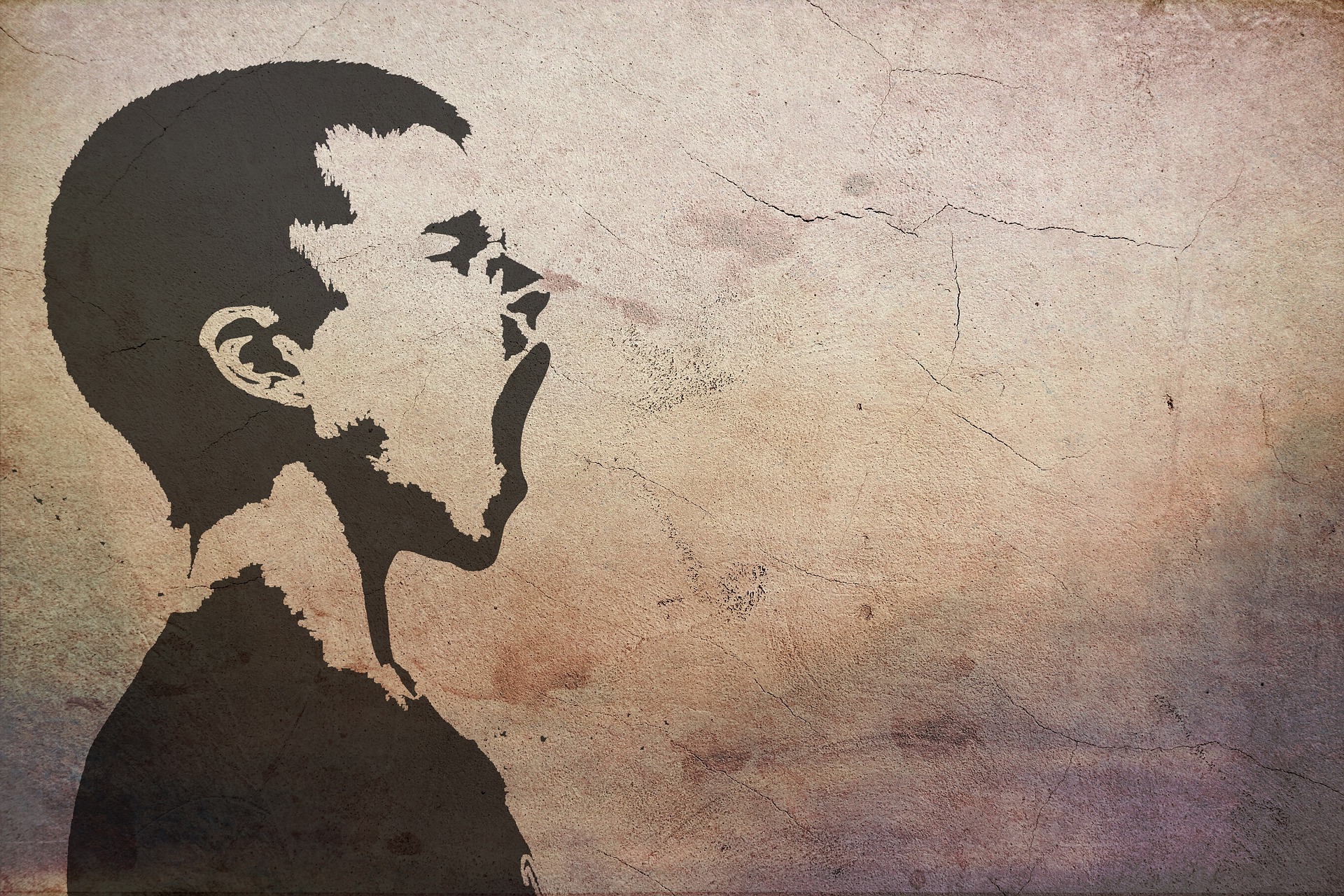Let’s be serious. It’s hard for us to see how much we’ve advanced, both as humanity and here, at home. Today’s Romania is light-years away from what it was in the ’80s and ’90s, or even under the tutelage of comrade Iliescu until around 2004. This doesn’t mean we’ve reached paradise and can just rest on our laurels. We still have an enormous amount of work to do. But it’s one thing to keep building and another to want to tear down everything that has been done.
I often use the analogy of the reverse boiled frog: the water has cooled from boiling to lukewarm, but because it happened gradually, many are still screaming they’re getting burned.
Mirror, Mirror on the Wall: The Numbers Don’t Lie
Let’s leave nostalgia-edited memories aside and look at the figures. The ’80s were a nightmare: cold homes, queues for everything, two hours of TV programming.
And now, a leap to the present:
| Indicator | Then (the ’90s) | Now (2024) |
|---|---|---|
| Purchasing Power (GDP/capita) | ~$13,000 | ~$49,000 |
| Life Expectancy | ~68 years | ~76.6 years |
| Average Net Salary | ~$50 | ~$1,900 |
In short, your purchasing power has tripled. You live, on average, 8 years longer. You earn tens of times more in nominal terms. You have access to the internet, you travel wherever you want, you buy whatever car you want. Things that were science fiction for our parents. We started at 40% of the European average in terms of living standards and are approaching 74%. This is the reality.
If It’s Better, Why So Much Discontent?
Simple. The progress has been slow. You don’t wake up overnight with an extra 100 euros in your salary. But the human mind remembers shocks much better: the cold, unemployment, rampant inflation.
Then, our standards have changed. We no longer compare ourselves to our Bulgarian neighbors, but to the Germans. And it’s normal to want more. But this frustration is being exploited. Idealizing the past is not a desire to return to dictatorship, but a way of saying “I am dissatisfied with today’s corruption and incompetence.”
The Same Scoundrels, a Different Hat
And riding this wave of frustration are, as always, the populists. It’s the same old story, just with a new face. It started with Vadim’s PRM, who was Ceaușescu’s court poet. Then came the populism of Băsescu, also from the communist ranks, who, despite making some reforms that helped us, perpetuated a toxic style.
Now, they have regrouped under logos like AUR. Don’t be fooled, they are just very vocal, not a majority. Yes, they seem numerous, but a simple calculation shows their election success represents somewhere around 27% of the voting population. They can’t get more than that. They are Putin’s bots, infiltrated to disinform and manipulate, taking advantage of any discontent. Their goal is simple: to tear everything down. To decouple us from the EU, our only real anchor of progress.
Look at our neighbors. Without the EU, we would have been like the Republic of Moldova or, worse, Ukraine. And if someone gives you the example of Orbán’s Hungary, tell them to look at the figures again. Romania is already surpassing Hungary in several economic indicators. They are in decline, we are growing. The illiberal model is a sure recipe for failure.
It Could Have Been Better, But It Can Also Be Much Worse. What Do We Do?
It’s simple. We shouldn’t be content with what we have, but we shouldn’t tear it down either. We need to get involved. Each at their own level.
- At the micro-level: See cars parked on the sidewalk? File a complaint with the local police. Maybe you’ll help a mother with a stroller or a person in a wheelchair pass by. That’s what involvement means.
- At the medium-level: Are you good at something? Help others learn. Create a community. Be an active citizen, not just an inhabitant.
- At the macro-level: Do you have communication and leadership skills? Get involved in politics. We need competent people, not demagogues.
And above all: go vote! Don’t let the vocal and manipulated 27% decide for you and for the other 73%. Progress is not a given; it is earned and defended every single day.




